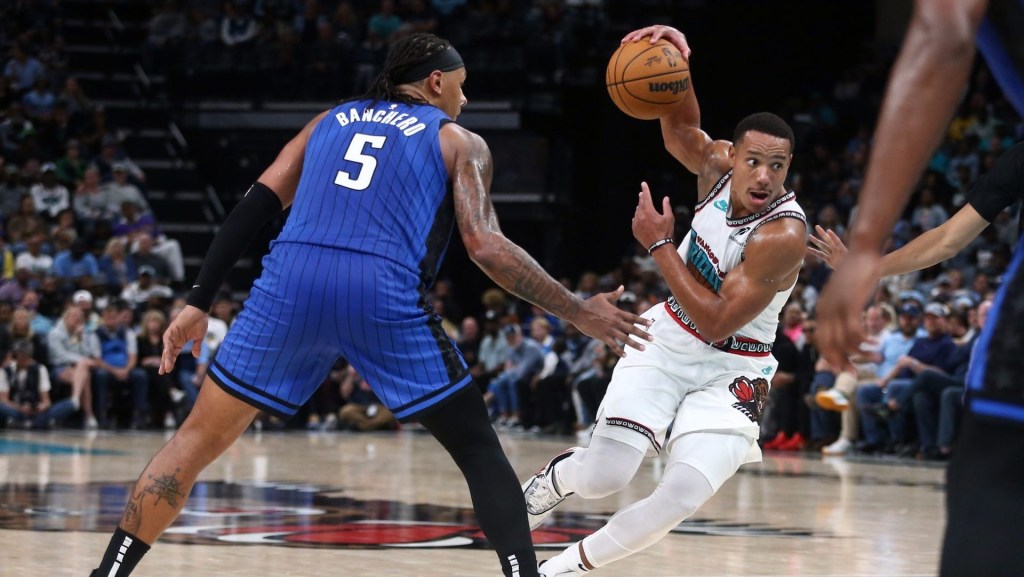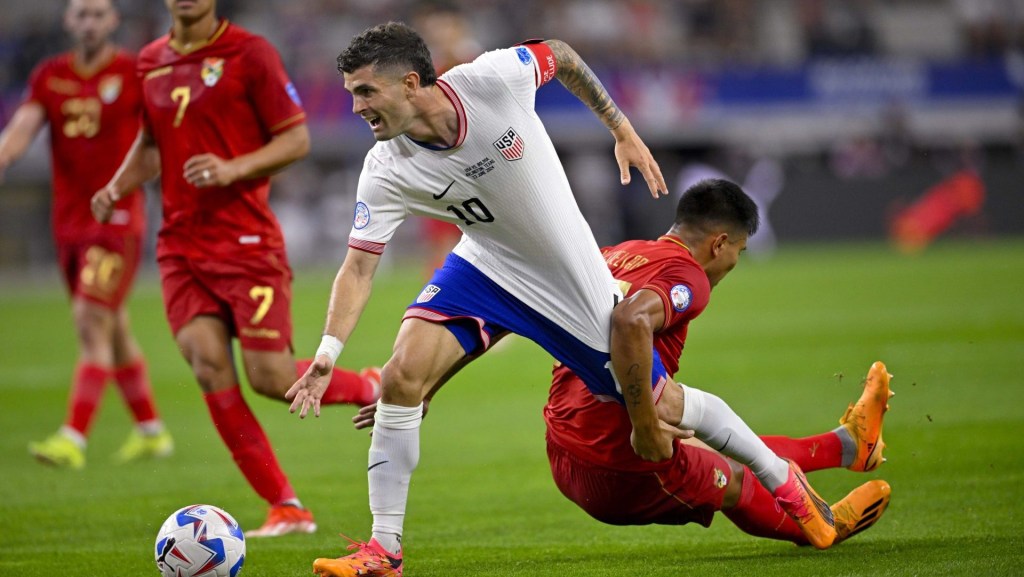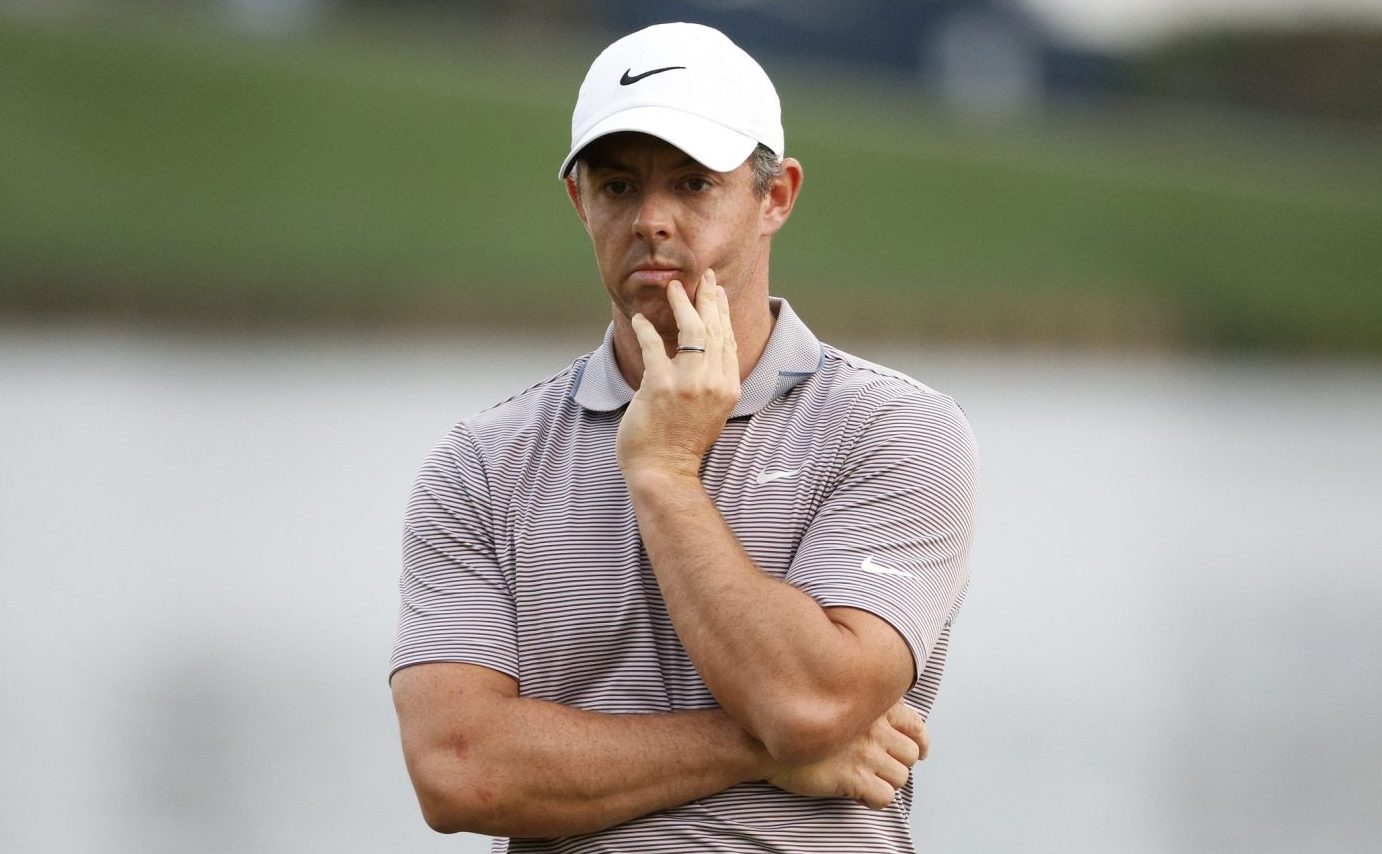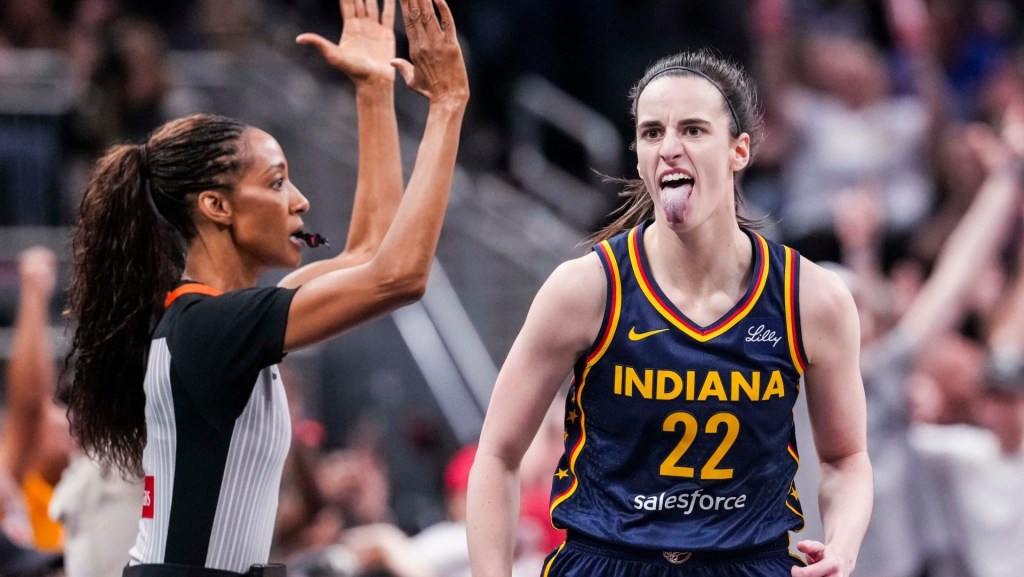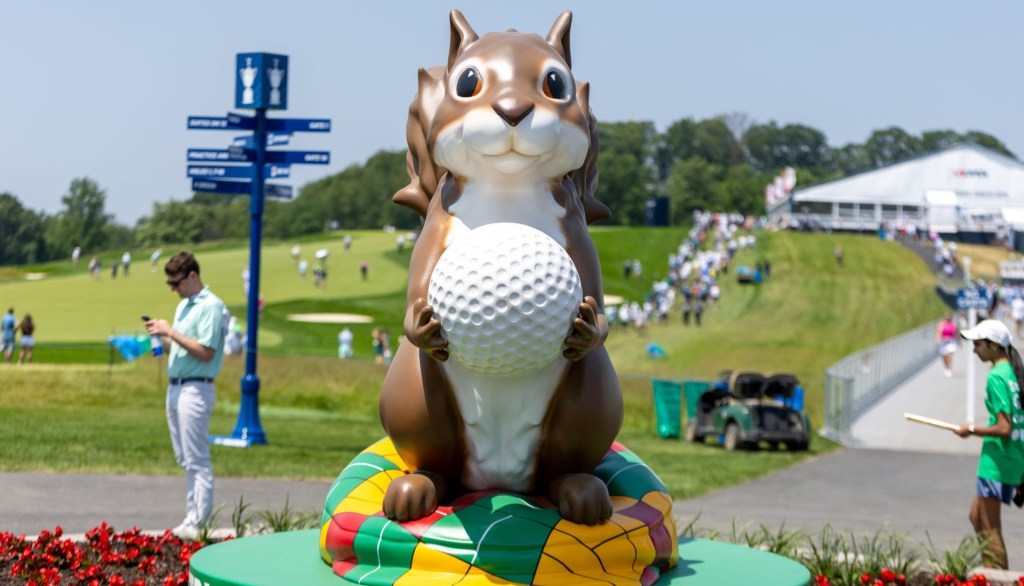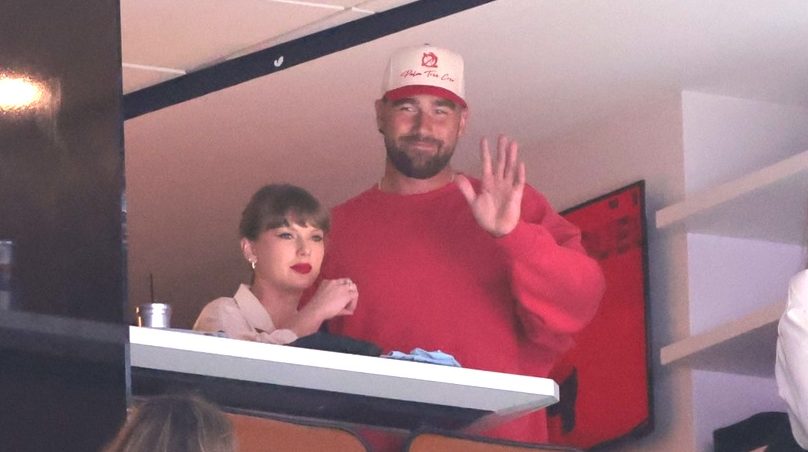Just hours after he hit a home run to power the Boston Red Sox to a sweep over their perennial rival New York Yankees—and over a month before the Major League Baseball trade deadline—Rafael Devers has been traded to the San Francisco Giants, according to multiple reports.
In exchange, the Red Sox got pitchers Jordan Hicks and Kyle Harrison, and two prospects. The Giants will assume the entirety of the more than $250 million left on the contract, which runs through 2033.
Devers signed a 10-year, $313.5 million extension just two years ago that made him the face of the franchise. But he has publicly feuded with a new regime in the Red Sox front office this season and balked at moving from third base to designated hitter.
Devers, a three-time All-Star and one of the best left-handed power hitters in the game, played third base for the first eight seasons of his career (he ranked last in defensive runs saved in 2023 and 2024). In the offseason, the Red Sox signed third baseman Alex Bregman and asked Devers to abdicate his defensive position to serve as designated hitter. Devers initially refused, hinting at a disconnect. By the end of spring training, he acquiesced and, despite a slow start to the season, was the Sox’s hottest hitter until the trade.
Tensions flared again when Red Sox first baseman Triston Casas suffered a season-ending injury, and Devers made it clear he would not return to the field. Devers told the media that Red Sox chief baseball officer Craig Breslow had asked him explicitly to fill in at first, but that Devers refused because, “I don’t feel they stayed true to their word. They told me I was going to play this position, DH. Now they’re going back on that.”
“Now, they should do their jobs essentially and hit the market and look for another player,” Devers said at the time about the front office. And it seems they took his suggestion.
Along with Hicks and Harrison—who was supposed to start for the Giants on Sunday night baseball—the Red Sox received 2024 first-round pick James Tibbs and pitching prospect José Bello.
The Red Sox won the 2018 World Series behind an electrifying homegrown core led by Devers (21 years old most of that year), Mookie Betts, and Xander Bogaerts (both in their age-25 seasons). For Boston fans, it felt like the beginning of a potentially long competitive window. Instead, it was the last time that trio played a playoff series together.
Boston struggled in 2019, and owner John Henry—the same one who aggressively spent to win four World Series between 2004 and 2018—decided it was time to curb the team’s spending. It became clear that keeping all three superstars in Boston long term was incompatible with that intention. In the winter before 2020, then-new chief baseball officer Chaim Bloom traded Betts to the Dodgers in a blockbuster that inspired antipathy in fans and criticism from the baseball world. Since then, Betts has been an All-Star in every full season, garnered MVP votes every year, and won two World Series with the Dodgers.
Bogaerts left for San Diego in free agency after the 2022 season. A month later, with the fanbase reeling, Bloom made Devers Boston’s guy.
It took $313.5 million over 10 years to convince Devers to stay. It also took a promise from Bloom that Devers would remain at third base.
Bloom was fired eight months later.
Coming off three straight postseason misses, the Red Sox had an exciting winter. To complement three homegrown top prospects on the cusp of their big league debut, they made key starting pitching additions (trading for Garrett Crochet and signing Walker Buehler) and acquired an obvious defensive upgrade at third base in Bregman, the longtime Houston Astro. Curiously, while Devers was signed for another eight years in Boston, Bregman can opt out of his contract after this year.
In recent weeks, the Red Sox have worked to quell the public sense of instability around Devers’s relationship with the front office. After the star’s fiery comments regarding his refusal to play first base, owner Henry flew out to meet with him personally while the team was on a road trip. But even after that, Devers still has only DH’d.
Part of Devers’ public complaint about Breslow, specifically, was that despite being a former player, he was acting more like the cold, analytically driven GMs who dominated the past decade.
“He played ball,” Devers had said previously. “I would like to think that he knows that changing positions isn’t easy.”
Now, he’ll go to a Giants team that is led by future Hall of Fame catcher Buster Posey, who assumed the president of baseball operations role just three years after retiring from the field.
In recent seasons, the Giants have been desperate to land the type of franchise-altering talent that could help them compete with the star-studded Dodgers in the National League West. The club has repeatedly come up just short in free agency for marquee names like Aaron Judge, Shohei Ohtani, and Carlos Correa. Their perpetual also-ran status in those sweepstakes inspired reports that players were specifically avoiding the city.
Under Posey, that reputation seems to be changing, at least marginally. And through the first one-third of the season, the Giants are neck-and-neck with the reigning champion Dodgers. Somewhat infamously, they haven’t had a player post a 30-homer season since Barry Bonds. Devers, who is still only 28, has done so three times in his career. So even if there’s little surplus value to be found in the cost of the contract and they had to part with their own prospects, the Giants finally made the industry-shaking splash they’ve been seeking.
They do, however, have a Gold Glove defender in Matt Chapman entrenched at third base. Devers likely won’t be returning to his favored spot on the diamond anytime soon.



